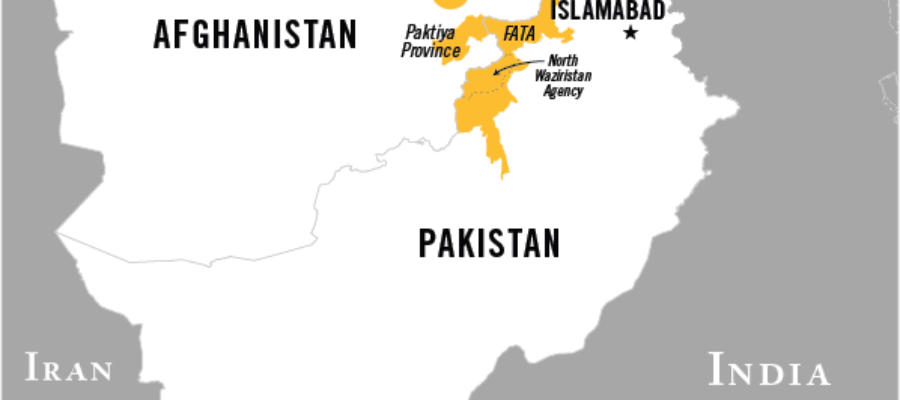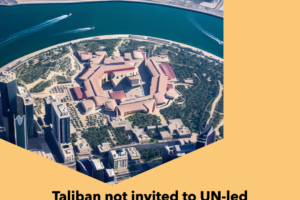The Haqqani Network is a militant group based in Afghanistan and Pakistan that has been involved in numerous terrorist attacks and insurgent activities over the years. The group is known for its close ties to the Taliban and its brutal tactics, including suicide bombings, assassinations, and kidnappings.
The Haqqani Network was founded in the 1970s by Jalaluddin Haqqani, a mujahideen commander who fought against the Soviet Union during the Afghan War. After the fall of the Taliban regime in 2001, the network emerged as a major player in the insurgency against the US-led coalition forces and the Afghan government.
The group’s leadership is now largely in the hands of Jalaluddin Haqqani’s son, Sirajuddin Haqqani, who was appointed as the Minister of Interior Affairs in the Taliban government in 2021. This appointment has raised concerns among many Western governments due to Sirajuddin’s close ties to Al-Qaeda and his role in numerous terrorist attacks in the past.
The Haqqani Network has been responsible for a number of high-profile attacks in Afghanistan, including the 2008 bombing of the Indian embassy in Kabul and the 2011 attack on the US embassy. The group has also been involved in kidnappings of Westerners, including American soldier Bowe Bergdahl, who was held captive for five years before being released in a controversial prisoner exchange.
Despite being officially designated as a terrorist organization by the United States and other countries, the Haqqani Network has maintained a significant presence in Afghanistan and Pakistan. The group is believed to receive support from the Pakistani intelligence agency, ISI, which has long been accused of providing safe havens to militant groups.
The Haqqani Network’s continued presence and influence in Afghanistan and its ties to other extremist groups make it a major concern for regional stability and security. With Sirajuddin Haqqani now holding a key position in the Taliban government, the group’s role in the country’s future remains uncertain.



